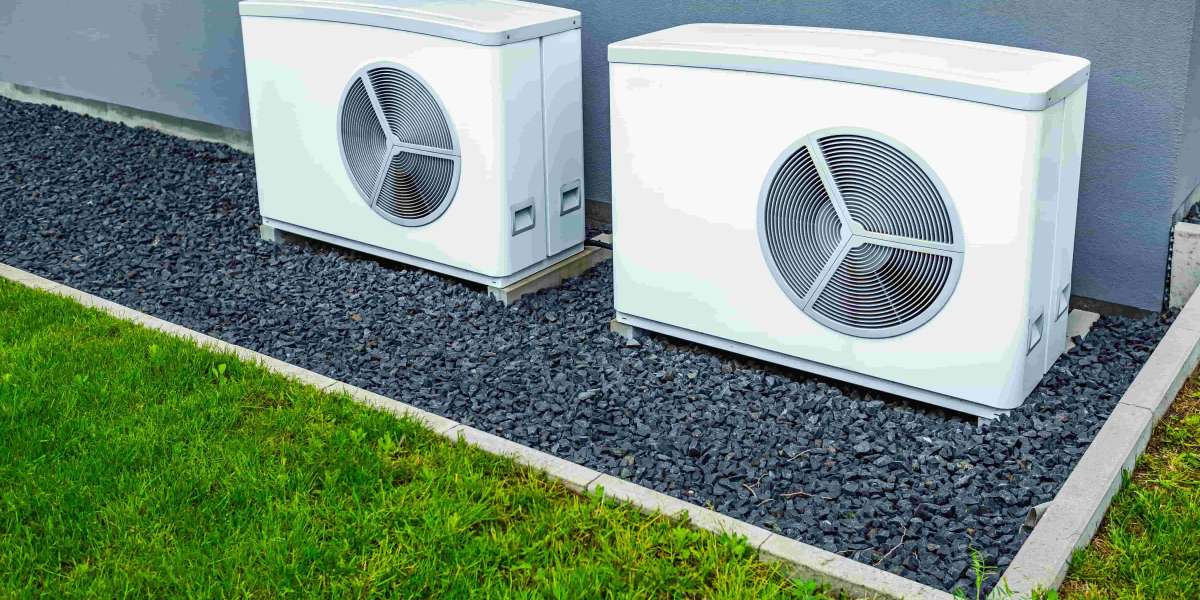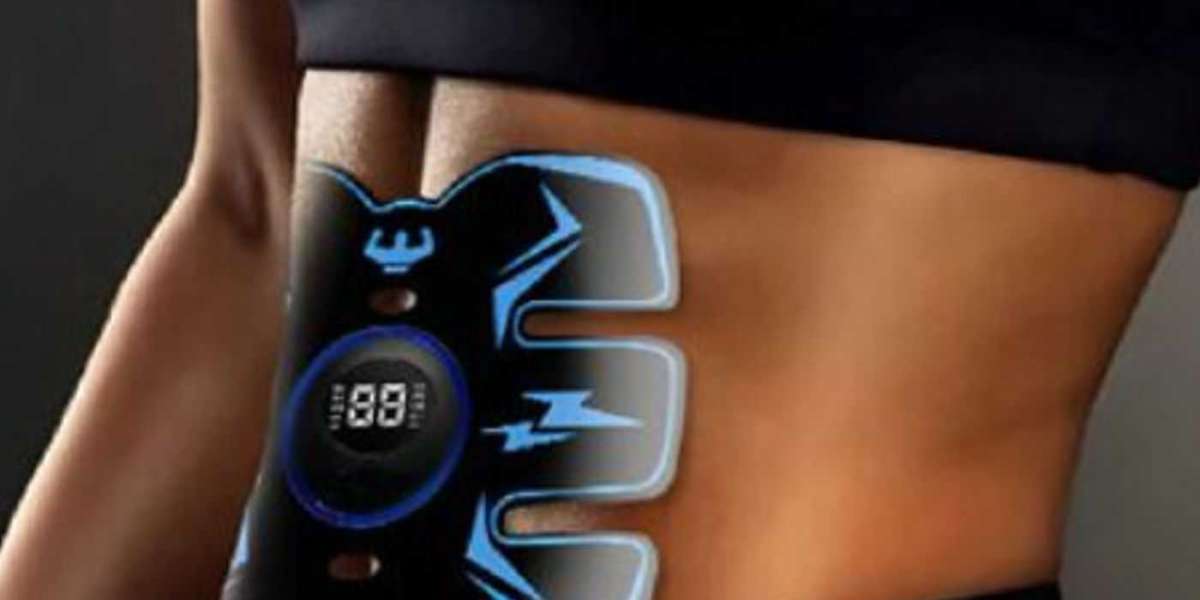When the heat of summer rolls around, having a reliable wholesale air conditioning unit can make all the difference in maintaining comfort at home. If you're considering installing an air conditioning unit, you may be wondering whether it's something you can tackle yourself or if it’s better to call in the experts. While some AC installations are relatively simple, others require technical knowledge and specialized skills to ensure proper setup and long-term performance. In this guide, we’ll explore the benefits of both DIY installation and professional help to help you determine the best option for your home.
Understanding Different Types of Air Conditioning Units
Before deciding whether to install your AC unit yourself or hire a professional, it's important to understand the different types of systems available. Each type has varying installation requirements:
Window Units: These are the most basic and affordable option. They typically cool one room and fit into a window frame. Installation involves securing the unit in the window and connecting it to a power source. For many homeowners, this is a manageable DIY project.
Portable Units: Portable ACs are a flexible option that can be moved from room to room. Installation is relatively simple—usually just setting up a venting hose and placing the unit near a window. Most people can handle this on their own.
Ductless Mini-Split Systems: These systems are designed to cool and heat multiple rooms, offering flexibility and energy efficiency. They consist of an indoor unit and an outdoor compressor. Installing a mini-split system is more complex, especially when it comes to connecting refrigerant lines and ensuring proper airflow, making professional installation often necessary.
Central Air Conditioning Systems: This option is ideal for larger homes or businesses and is designed to cool an entire space. Installing a central air system involves setting up ducts, refrigerant lines, and electrical connections, which require professional expertise.
Benefits of Installing an Air Conditioning Unit Yourself
Cost Savings: One of the biggest advantages of a DIY AC installation is saving on labor costs. Professional installation can be expensive, especially for more complex systems like mini-splits or central air. For budget-conscious homeowners, handling the installation yourself could be an affordable option—particularly for window or portable AC units.
Sense of Accomplishment: If you enjoy working on home improvement projects, installing an AC unit can be a satisfying challenge. With the right tools and a little know-how, you can save money and enjoy the pride of completing a DIY project.
Simple Installation for Certain Units: Window and portable AC units are typically designed with easy installation in mind. These systems often come with clear instructions and require little more than a few tools. For these models, DIY installation is usually a viable option for homeowners who feel comfortable with basic tasks.
Flexibility in Timing: By opting for a DIY installation, you can do the work on your own schedule, without needing to wait for a professional to arrive. If you're in a hurry, this can be a huge advantage.
Why Professional Installation Might Be the Better Option
Safety and Proper Handling: Air conditioning systems involve electricity, refrigerants, and potentially hazardous materials. Incorrect handling can lead to electrical hazards, refrigerant leaks, or even cause damage to your home or the system itself. Professional installers are trained to handle these systems safely and effectively, ensuring everything works as it should.
Optimal Sizing and Placement: A professional installer will assess your space to ensure the unit you’re installing is the right size for your home. A unit that’s too large or too small won’t perform efficiently, leading to wasted energy, higher bills, and possibly damage to the system. A technician will also ensure that the unit is placed in the optimal location for maximum cooling efficiency.
Manufacturer's Warranty Protection: Many air conditioning systems require professional installation to keep the manufacturer’s warranty intact. If you install the unit yourself and something goes wrong, you may void the warranty, leaving you to cover repair or replacement costs. Professionals are familiar with the warranty requirements and will install the system to ensure it remains valid.
Efficiency and Performance: Professional installers will make sure that your system is installed to run efficiently, saving you money on energy bills. They will ensure the refrigerant is properly charged, the system is calibrated, and there are no leaks. A well-installed system will provide maximum comfort while operating at optimal efficiency.
Complex Systems Require Expertise: If you're installing a more complex system, like a mini-split or central AC system, professional help is almost always necessary. These units require specific technical knowledge, from refrigerant lines to electrical connections. Any mistakes during installation could lead to costly repairs or system failure.
When DIY Installation Could Be Appropriate
While many AC installations benefit from professional help, there are situations where DIY installation might make sense:
Window and Portable Units: These are typically designed for easy installation and often come with step-by-step guides. If you follow the instructions carefully and have basic tools on hand, you can likely handle the installation yourself.
Basic Home Improvement Skills: If you have experience with DIY projects like assembling furniture, installing appliances, or working with electrical systems, you may feel comfortable installing a simple AC unit. Even if you’re a novice, window and portable units often don’t require extensive knowledge.
Clear Instructions: Many modern AC units, especially window and portable models, come with detailed manuals, videos, and online resources. If the installation guide is clear and easy to follow, you may be able to complete the project without any professional help.
Potential Risks of DIY Installation
Though DIY installation can be tempting, there are risks involved that could make it a costly endeavor in the long run:
Void Warranties: If you don’t install your AC unit according to the manufacturer's instructions, you may void the warranty. If something goes wrong with the unit later, you may not be able to get it repaired or replaced under warranty.
System Malfunctions: Improper installation can lead to inefficiency, poor cooling performance, or system breakdowns. For instance, an incorrectly charged refrigerant line could lead to cooling issues, or improper ventilation could cause poor airflow and higher energy costs.
Damage to the Unit or Home: Incorrect installation can cause damage to both the air conditioning unit and your home. For example, an improperly installed window unit could cause leaks, or failing to secure the unit correctly might result in it falling or causing structural damage.
Legal Issues: In some areas, professional installation is required by law, particularly for complex systems like mini-splits or central air. Failing to follow local regulations could result in fines or complications when trying to sell your home.
Conclusion: In most cases, professional installation is the best choice, particularly for more complex systems like mini-splits or central air conditioning units. Professionals ensure the system is installed safely, efficiently, and in compliance with warranty requirements, while also protecting your home from potential damage.
However, for smaller units like window or portable air conditioners, DIY installation can be a cost-effective and manageable option—provided you have the tools and knowledge to do it correctly. Always consider your comfort level with the installation process and remember that a small upfront investment in professional help can save you time, money, and hassle down the road.
Ultimately, if you’re unsure about your ability to install the unit safely, it’s best to hire a professional who can ensure optimal performance and protect your investment.
Also Read: The Energy-Saving Features of the Goodman 5 Ton AC You Should Know About














